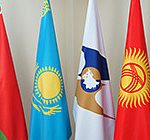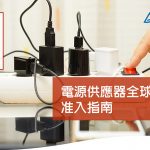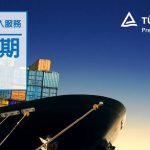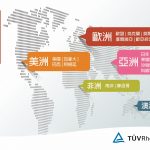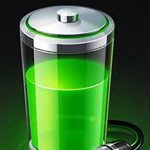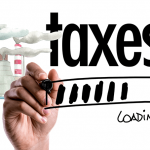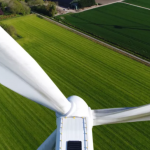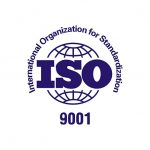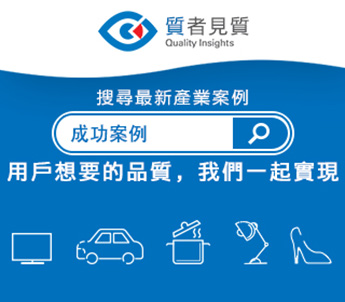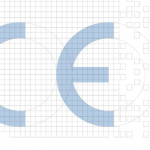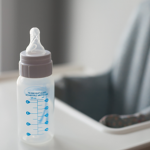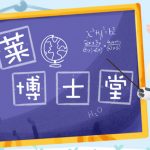英國正式脫歐,輸英產品該何去何從? Placing manufactured goods on the UK market after Brexit

隨著2020年1月英國正式脫歐,將有11個月過渡期到2020年年底,逐步出口英國的產品可能會面對三種不同的方式:
情況一 :英國脫歐的過渡期,英國作為歐盟替代的所有協議不變
這11個月的時間根據英國與歐盟的協議,為正式脫歐後的過渡期,期間英國作為歐盟替代的所有協議不變,其中針對產品的技術要求和法律認證均不變,即仍然可以 按照輸往歐盟EU28的要求,進行CE的第三方認證或CE自我申明即可(不包括建築產品,醫療器械,鐵路產品)
情況二 : 2021-01-01後英國與EU或EEA達成新的貿易協定
雖然英國由於種種原因正式脫離了歐盟的一部分,但是由於英國與歐盟EU以及歐盟經濟區EEA這種剪不斷理還還亂的關係,雙方都需要盡快達成新的協議,特別是滲透比較深的人員及貿易往來,否則雙方將回到最基本的WTO規則下。
根據上述ETFA3與歐盟EU28在1994年1月達成的EEA31的協議,統一協調了除農業,漁業,海關以外的人財物的自由流通,包括社會政策,消費者保護,公司法律,旅遊文化等,CE同時協議之中。同時作為游離於歐盟EU28和EFTA3(EEA31)以外的土耳其也是執行CE的要求。
那麼英國為了維護貿易的一致和穩定性,可能的選擇有重新加入ETFA從而間接進入EEA31而不必存在原EU28的義務。實行CE的要求。
情況三: 如果2021-01-01後英國與EU或EEA沒有達成新的貿易協定
現階段,英國政府正努力確保產品只需要經過一個系列的認證去證明他們符合所需的監管標準。
TÜV萊茵溫馨提醒相關生產企業:在2020年12月31日之前,CE認證仍然是有效的。對於常見類電子電氣產品,建議企業可先申請CE認證並進行UKCA的自我聲明,隨時關注英國法規的最新要求。
Placing manufactured goods on the UK market after Brexit
Brexit was confirmed last month, and there will be a transition period until the end of this year. As a result, placing manufactured goods on the UK market may face three different scenarios:
SCENARIO 1. During the transition period, all agreements that the UK made as a member of the European Union remain unchanged
During the transition period, all agreements that the UK made while still a member state of the EU remain unchanged. Technical and legal requirements for products also remain unchanged. According to EU-28 requirements, a third-party CE certification or CE self-declaration is required (except for construction materials, medical devices, and railway products). Based on the current situation, the UK and the EU have not ruled out extension of the transition period.
SCENARIO 2. UK to reach a new trade agreement with EU or EEA after 2021-01-01
Although the UK has now officially left the EU, due to the fully integrated relationship between the UK and the EU, as well as with the members of the European Economic Area (EEA), the two sides need to reach a new agreement as soon as possible. Otherwise, they will return to WTO rules.
At the same time, CE is not only required by the EU-28, but is also recognized by Iceland, Norway, and Liechtenstein in the European Free Trade Association (EFTA) — Switzerland, though an EFTA member, is not included. According to the EEA agreement reached between the ETFA and the EU-28 in January 1994, the free movement of people, goods, capital — except agriculture and fisheries — and customs, including social policies, consumer protection, company law, tourism culture, etc., as well as a CE marking, are also in the agreement. At the same time, Turkey has also adopted CE policy.
Thus, in order to maintain the consistency and stability of trade, the UK may choose to re-join the ETFA and indirectly enter the EEA, without, however, having to fulfil the obligations of the original EU-28. Otherwise, the situation may be similar to Turkey’s — that is, although it is no longer a part of the EU-28 and EEA, the UK may choose to continue implementing CE requirements.
SCENARIO 3. If no new trade agreement reached between the UK and EU or EEA after 2021-01-01
The UK Government has confirmed its intention to seek to ensure that ‘products only need to undergo one series of approvals to show that they meet the required regulatory standards.
TÜV Rheinland would like to extend a reminder that CE certification is still valid before December 31, 2020. For electronic and electrical products, companies can apply for a CE certification and make a self-declaration for the UKCA, paying attention to the latest requirements of the UK regulations.


熱門分享
